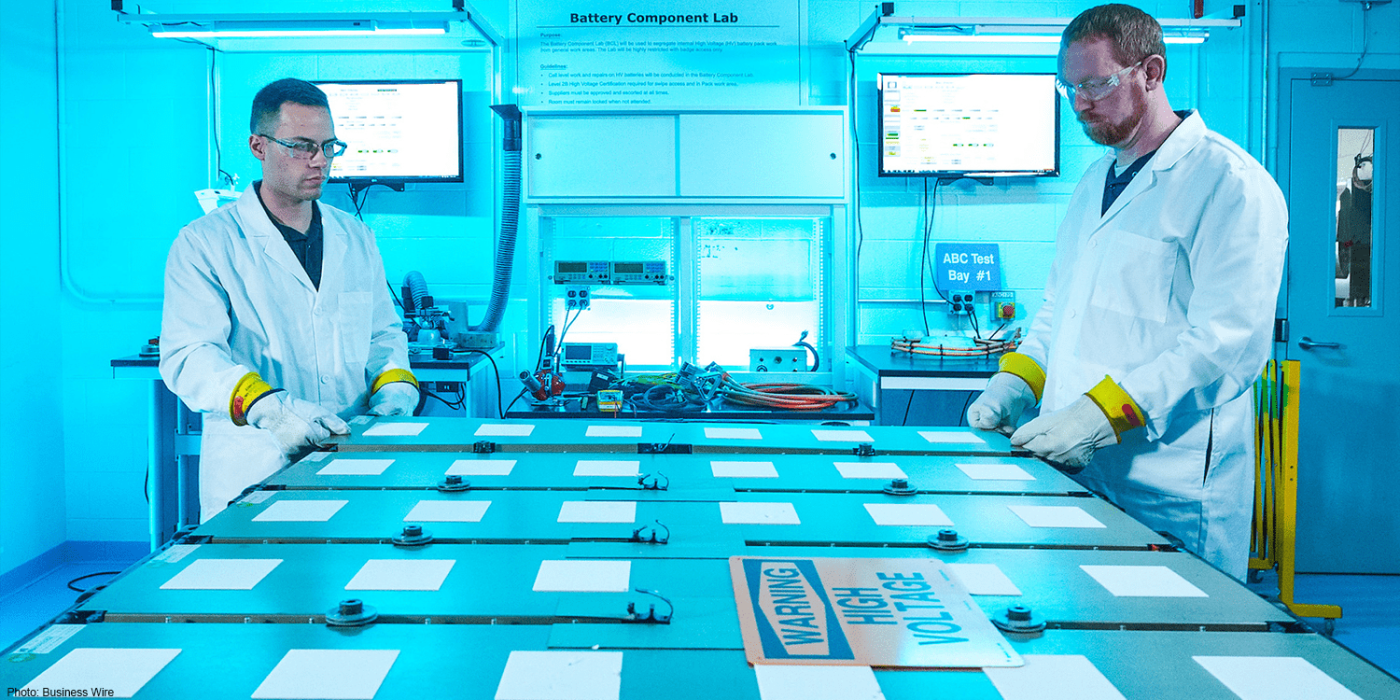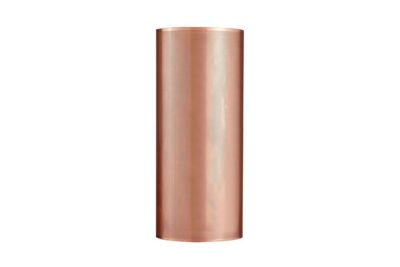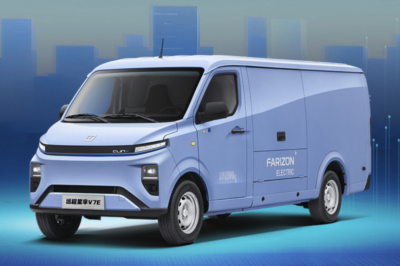Ultium Cells and Li-Cycle enter recycling cooperation
Ultium Cells, the battery cell joint venture between General Motors and LG Energy Solution, has partnered with Li-Cycle to recycle “up to 100 per cent” of material waste from battery cell manufacturing in the future.
The cooperation between Ultium Cells and Li-Cycle includes battery cell production at the Ultium Cells plant in Lordstown, Ohio, where the cells for the electric cars based on GM’s electric platform are manufactured. Ultium battery cells form the backbone of the US carmaker’s electric transition. Ultium Cells is planning a second cell factory near the GM plant in Spring Hill, Tennessee. It is not yet known whether the recycling agreement will be extended to this location.
Li-Cycle and the joint venture between General Motors & LG Energy Solution want to start the new recycling process this year. It should be possible to recycle materials such as cobalt, nickel, lithium, graphite, copper, manganese and aluminium. According to General Motors, 95 per cent of these materials should be able to be extracted in such high quality that they can be used for the production of new batteries or for “adjacent” industries. Later, all materials should reusable.
This is a hydrometallurgical process; Volkswagen and Volvo also rely on this principle. In this process, the crushed battery components are treated with chemicals to recover the materials. In contrast to pyrometallurgical processes – i.e., roughly speaking, melting down the battery – not only can more materials of better quality be obtained, but greenhouse gas emissions are also significantly lower.
Ajay Kochhar, president and CEO and co-founder of Li-Cycle, sees the process not only as an important contribution to waste reduction but also as a “sustainable alternative to mining” as a source of raw materials. “Our efforts with Ultium Cells LLC will be instrumental in redirecting battery manufacturing scrap from landfills and returning a substantial amount of valuable battery-grade materials back into the battery supply chain,” says Kochhar.
As part of its Zero Waste initiative, GM aims to divert more than 90 per cent of manufacturing waste away from both landfills and incineration by 2025. “Now, we’re going to work closely with Ultium Cells and Li-Cycle to help the industry get even better use out of the materials,” says Ken Morris, GM vice president of electric and autonomous vehicles.






0 Comments